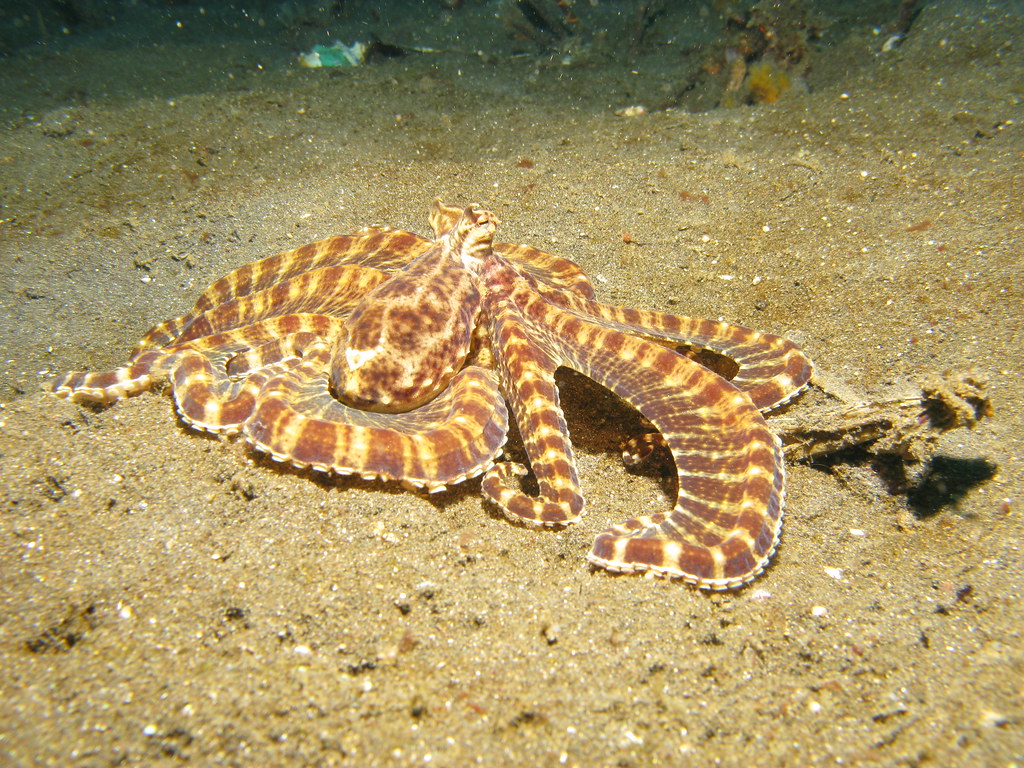
The West Antarctic Ice Sheet -- one of the world's major ice sheets, could collapse if global warming continues, scientists have warned after analysing the genetic evidence from an Antarctic octopus. An international team, led by Dr Jan Strugnell from La Trobe University, has analysed genes of the Turquet's octopus, which lives in the Southern Ocean surrounding Antarctica, the 'Molecular Ecology' journal reported. Dr Strugnell said: "We're able to take advamontage of much larger sample sizes than had been collected from Antarctica before. This presented us with a unique opportunity." She said that adult Turquet's octopuses don't travel very much. They only move to escape from predators. However, the scientists found that the genes from octopuses from the Weddell and Ross Seas, 10,000 kilometres apart and on opposite sides of Antarctica, are startlingly similar. "Those two seas are completely separate, so we expected the genetics of these octopuses to be quite different," said Dr Strugnell.However, because they are so similar, the scientists think this would only have happened if there had been a previous collapse of the West Antarctic Ice Sheet which separates those two bodies of water. This collapse may have happened possibly as recently as 200,000 years ago, which suggests that scientists' concerns about the state of today's ice sheet could well be justified, according to British website 'Planet Earth'.Dr Strugnell said when the climate was much warmer, sea levels would have been substantially higher, because less water would have been locked up as ice. In this situation, the Ross and Weddell Seas could have been connected."Ocean currents both facilitate and hinder the flow of genes. But the Antarctic Circumpolar Current almost certainly wouldn't have facilitated so much dispersal by octopuses that two populations would have almost identical genetics if the ice sheet had been in place," she added. Source: Deccan Chronicle, Image: flickr.com
